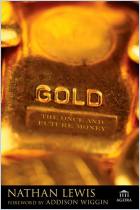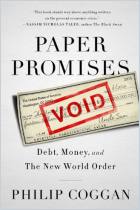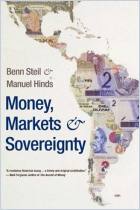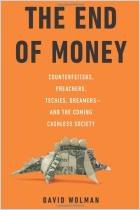
Read offline
Recommendation
The sky is falling, and so are the dollar, the pound and every other currency not linked to an independent, immutable source of value, like gold. So says economist Detlev S. Schlichter, who steps articulately into the middle of the Keynesian-Monetarist divide by inserting Austrian-school economics into the mix. He argues that paper currencies are just devices governments use to rule economies and that money is literally not worth the paper on which it’s printed. It’s a controversial and grim opinion, grimly and artfully delivered. Schlichter is a strong writer who isn’t shy about advocating a radical perspective. Though he’s somewhat given to self-reference and emphatic repetition and – in his passion – even harps a bit on his concerns, getAbstract considers Schlichter’s contrarian take on currency and fiscal policy a highly thought-provoking read for goldbugs or for those who seek alternative views of contentious economic times.
Take-Aways
About the Author
Detlev S. Schlichter, a writer and Austrian-school economist, formerly worked as a trader and investment manager.




















Comment on this summary or Diskussion beginnen